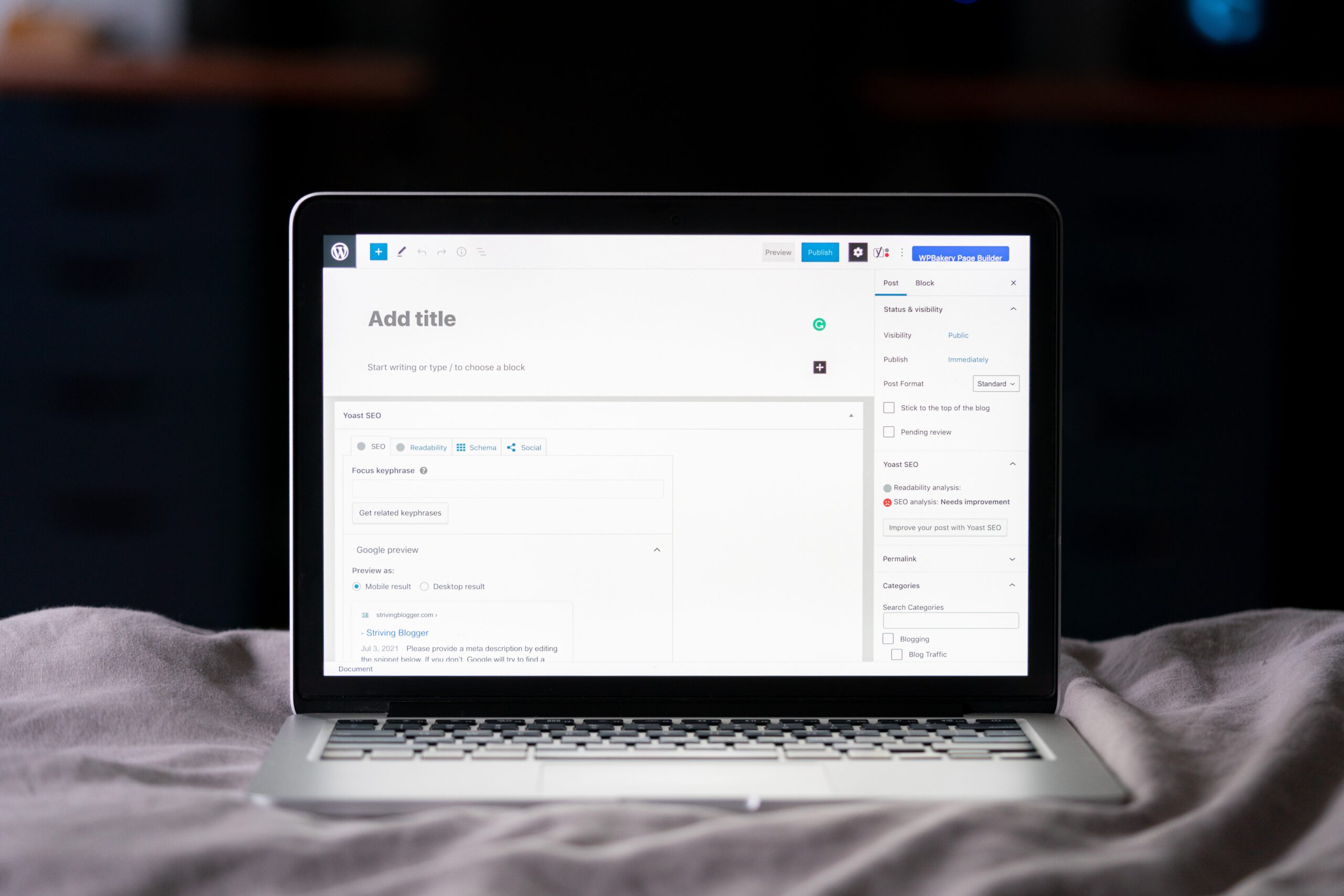As the new year begins, many journalists are watching for updates on the rollout of money from Press Forward, a coalition of organizations that have pledged more than $500 million to support local news with a goal of doubling that amount in the coming years. Press Forward’s website says applications will open in 2024, and the group has set up local chapters as it moves ahead.
It’s not just newsrooms watching for funding opportunities. In addition to language on strengthening local newsrooms and closing inequities in journalism, Press Forward’s list of priorities includes this line: “We need to scale the infrastructure required to support a thriving independent local news sector, expanding shared services and tools — from legal support to membership programs.” In a piece for
Nieman Reports on the returns Press Forward could generate, Jim Friedlich, CEO the Lenfest Institute for Journalism, which is part of the Press Forward coalition, mentioned one example of this kind of infrastructure — Newspack, a content management system and tech services provider that’s part of WordPress.com. Given the interest around Newspack, we thought it was time to take a look at the CMS that’s generating so much buzz and dominating the backend of so many small publishers.
Related Post
In four years, Newspack has found success in the notoriously tricky field of content management systems. Journalists love to complain about the shortcomings of their CMS, and attempts to solve the many and varied problems haven’t often been successful. (And developing a bespoke content management system is a pricey endeavor most small and even mid-size newsrooms don’t have the budget for, which is why Press Forward and other philanthropic organizations are focusing on scaling technological solutions.) What’s more, Newspack has put itself on a path toward financial sustainability by serving smaller local publishers — the types of newsrooms Press Forward is intended to support.
“Newspack is precisely the kind of infrastructure investment for which Press Forward was designed,” Friedlich wrote in an email. No Press Forward funding for Newspack has been announced (though Knight pledged a separate $5 million to Newspack in September to bring newsrooms onto the CMS). And Newspack head Kinsey Wilson says they have “nothing teed up.” But funding may still get to the operation through newsrooms. “There’s logic to incentivizing news organizations to purchase Newspack or an alternative with grant dollars that go to them as users of the software and services,” Friedlich says.
Newspack launched under WordPress.com in 2019 with support from Lenfest, the Knight Foundation, and the Google News Initiative. Now, more than 240 publishers use Newspack’s tools, which include a CMS built on WordPress (one of the most popular publishing platforms online) and systems for audience development, membership, and advertising. On top of that, Newspack provides support for these tools and guidance on best practices.
"Newspack is the peace of mind that allows us to focus on our core business,” says Garry Pierre-Pierre, founder and publisher of The Haitian Times, which adopted Newspack in 2021. Before that, the newsroom was using a WordPress build from an outside developer. “The site used to crash with any small spike,” Pierre-Pierre says. “And the payment process was clunky.” After The Haitian Times moved to Newspack, they saw a major spike in traffic around coverage of the assassination of Haitian President Jovenel Moïse. “This was the biggest story in a decade … and The Haitian Times was able to provide the stories we were doing without any technical difficulties,” Pierre-Pierre says. Since 2021, The Haitian Times has seen a 40 percent increase in revenue from readers, advertising, and philanthropy.
A change in technology doesn’t make this kind of increase happen, though it can help make it possible. A report from the Local Media Association noted that several sites that moved to Newspack saw a significant drop in page load time. The tools also help standardize advertising options, streamline membership, and attract new readers through search engine optimization. Essentially, it makes sites more stable and easier to find, and then simplifies the path to sell ads or to turn readers into subscribers. “It doesn't automatically generate revenue for you. You have to do the work necessary” Pierre-Pierre says. “It doesn’t automatically bring audiences if you're not in tune with your audience.”
Pierre-Pierre’s note is crucial. For all the positive results some publishers have seen on Newspack, those are mostly the results of efforts that go beyond technology. The tools can make a site faster and easier to find, they can streamline membership, and they can free staff time for reporting, but they don’t automatically generate clicks and dollars, and Newspack isn’t yet at the point where they can provide targeted guidance on business. “We don't provide fractional day-to-day back office implementation,” Wilson says. “We're not your business staff in the background.”
The word “scale” comes up a lot with Newspack, both in reference to its future growth and to define its core business. Newspack provides services that are costly to maintain in-house and expensive to hire out, and it does it at a price many small newsrooms can manage, either through existing revenue or with grants for infrastructure — though its cost is still out of reach some of the micro sites — especially those that are trying to serve rural and low-income areas. (Newspack costs $750 a month or more, depending on a site’s revenue). By scaling these tools to a level where many newsrooms can afford them, Newspack acts as a sort of shared tech team for its clients. They provide resources when one of the many plugins available for WordPress breaks or needs a critical update, and they keep sites current with the shifting demands of the modern web, tasks that might go unnoticed or unaddressed in newsrooms without technical staff.
To keep providing this scale at that price, Newspack needs to retain nearly twice as many clients as it has now. Wilson says once 450 to 500 sites are signed up, Newspack will be self-sustaining. “We’re part of a for-profit company, and the goal is to get to scale, where we have a solution that is self-sustaining … We don't want to be a drain on philanthropic money if we don't need to be,” he says.
In the meantime, the $13 million in grants Newspack has received has been a runway, filling the role venture capital might, but without the need to repay investors. Given the difficult financial state of the news industry, it’s hard to imagine that a venture capitalist would sink millions into a firm whose business model relies on hundreds of small newsrooms surviving, especially given the difficulties of CMS platforms like Vox’s Chorus (which the company decided to no longer license) or G/O Media’s Kinja, though those were side-projects from editorial operations while Newspack is a tech team within a tech company.
Through funding from Knight, Newspack is currently working with the audience development firm BlueLena to build audience development tools which would be available to clients. The organization has also struck a deal with the AI firm Nota to offer Newspack clients AI-assisted SEO tools. As an added play toward their clients’ survival, Newspack is hiring business experts to work with publishers. “We're going to have folks who can really dig in and understand what [a publisher’s] business strategy is, where they are in the maturity of their development as a site, what their top line strategic goals are, and make sure that the site gets set up and configured in a way that directly matches that, and then agree on some metrics that we're going to watch and track that site by site and check in with them on a quarterly basis and see how they're doing,” Wilson says.
The next few years will be crucial for the project, and for the independent press as a whole, and not just because of the incoming rush of philanthropy. As technology for publishing and discovering news keeps evolving, the future of the independent press is closely tied to the ability to keep up. With Newspack, now the technology is closely tied to the success of the press, too.



